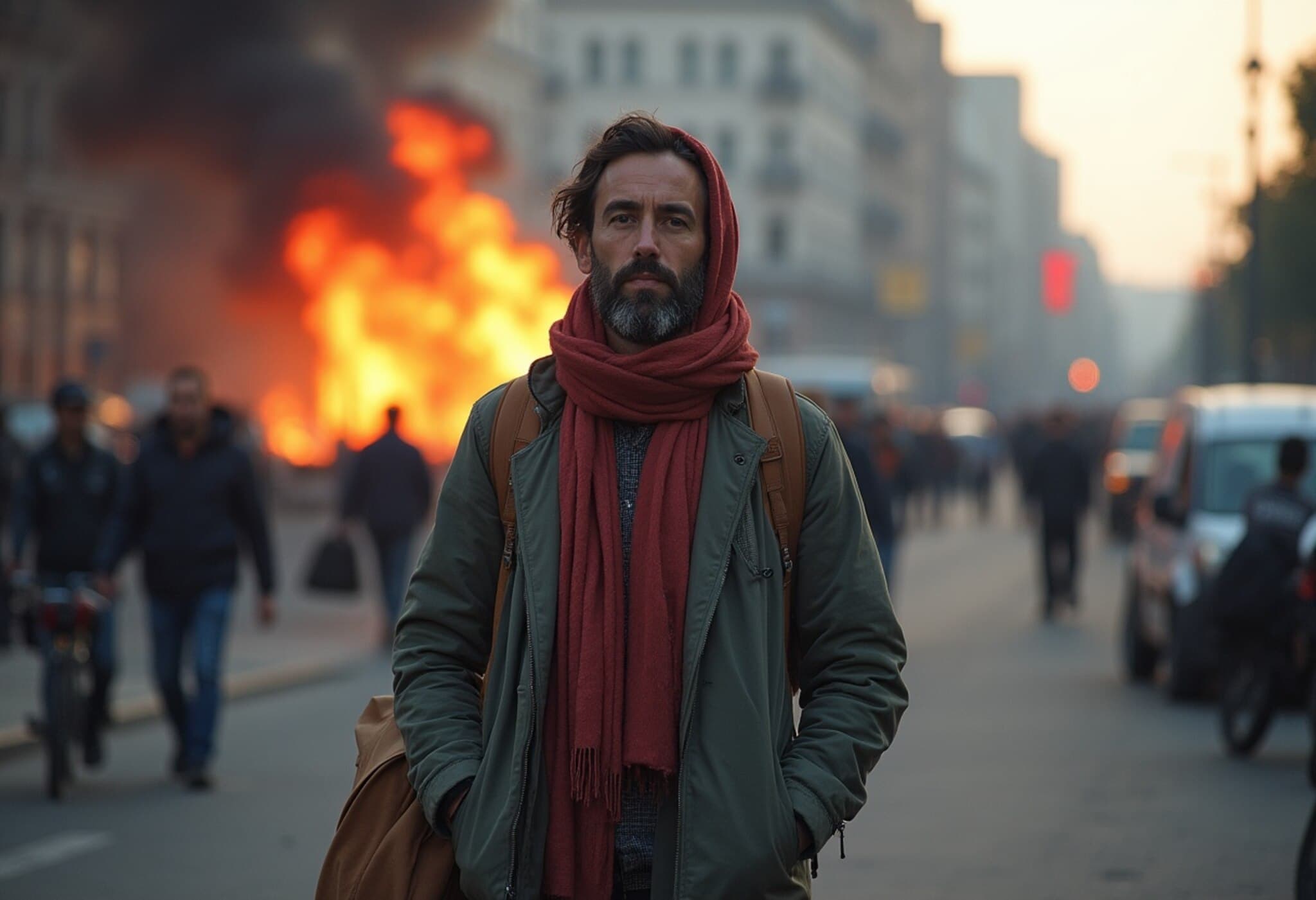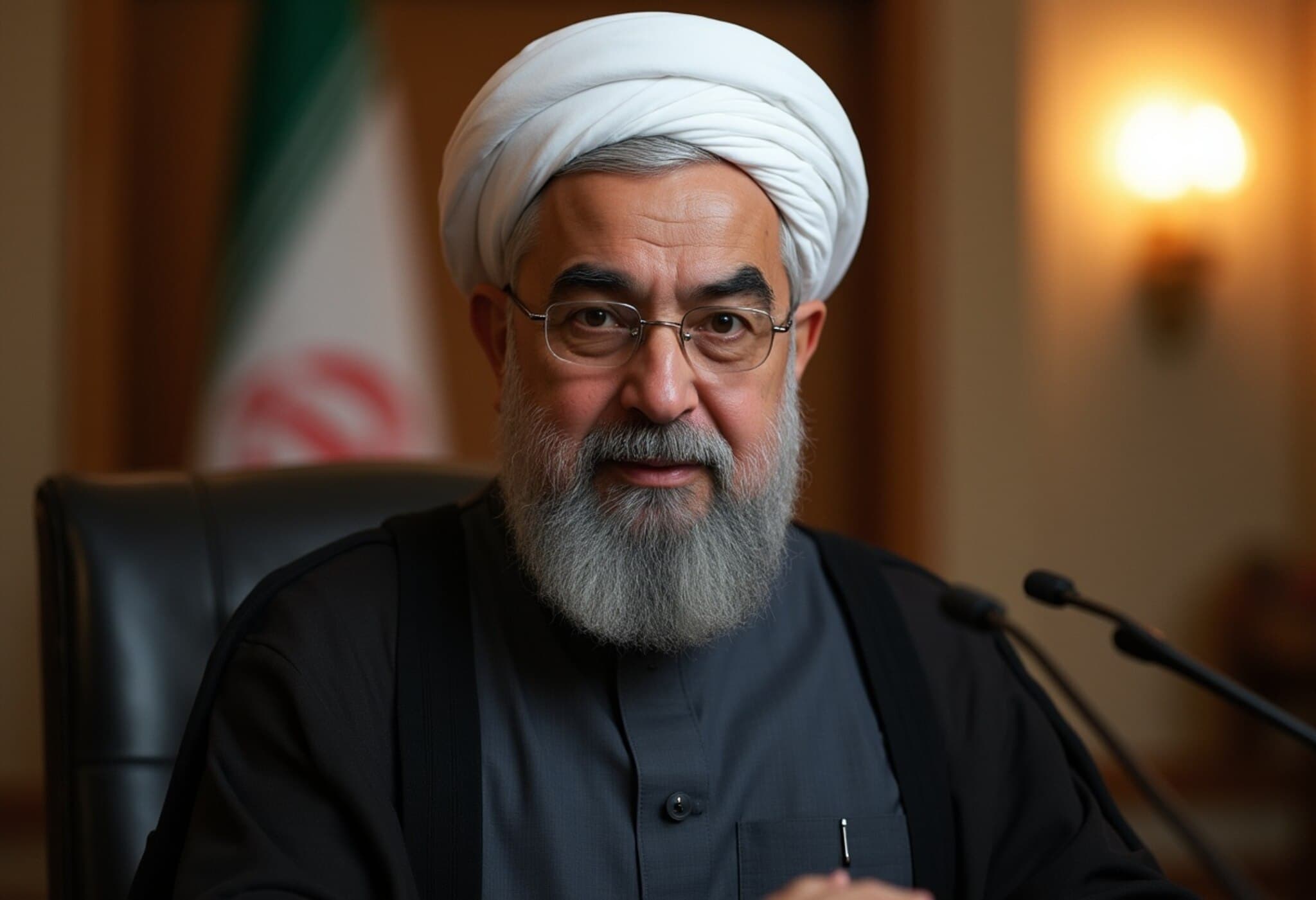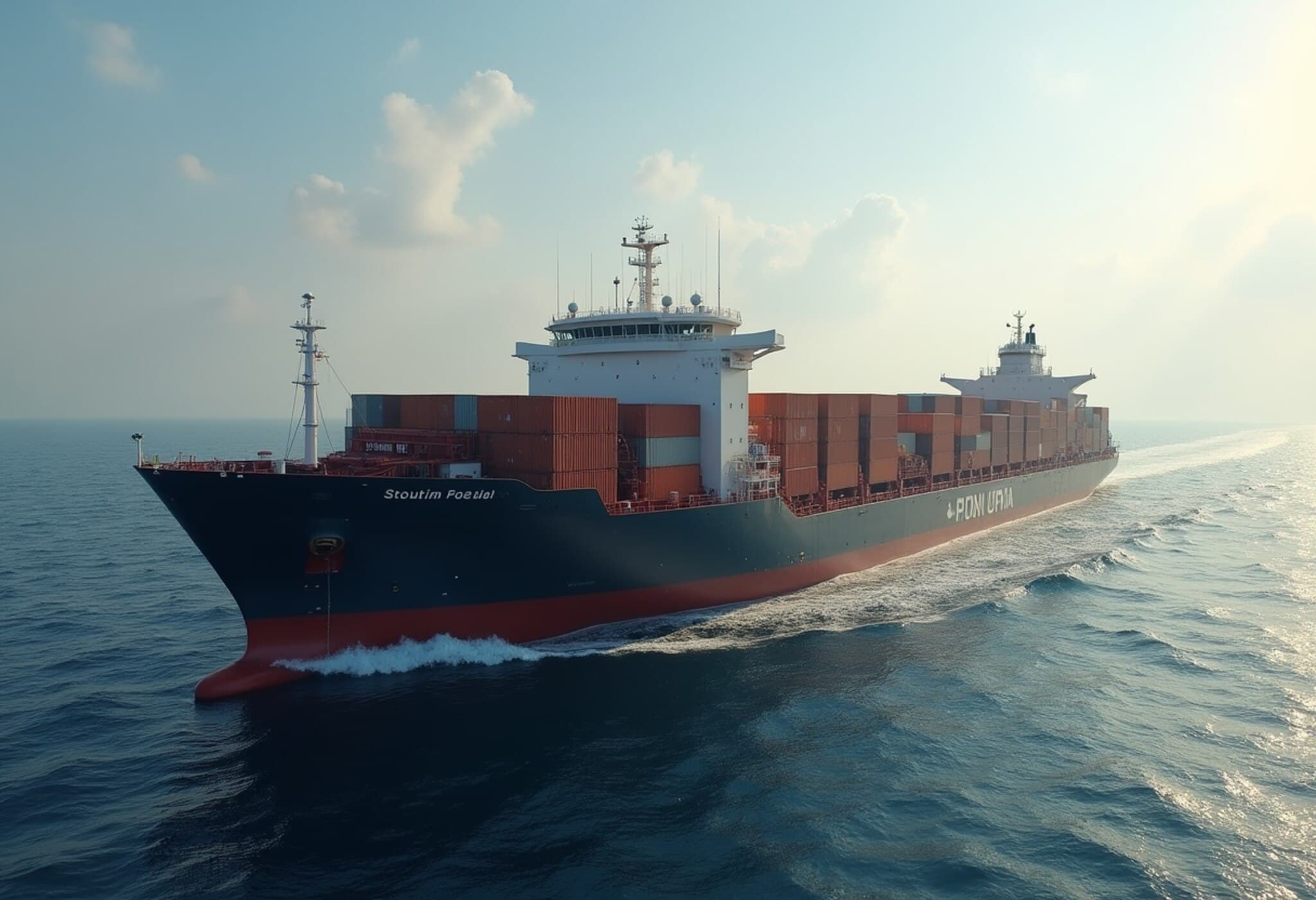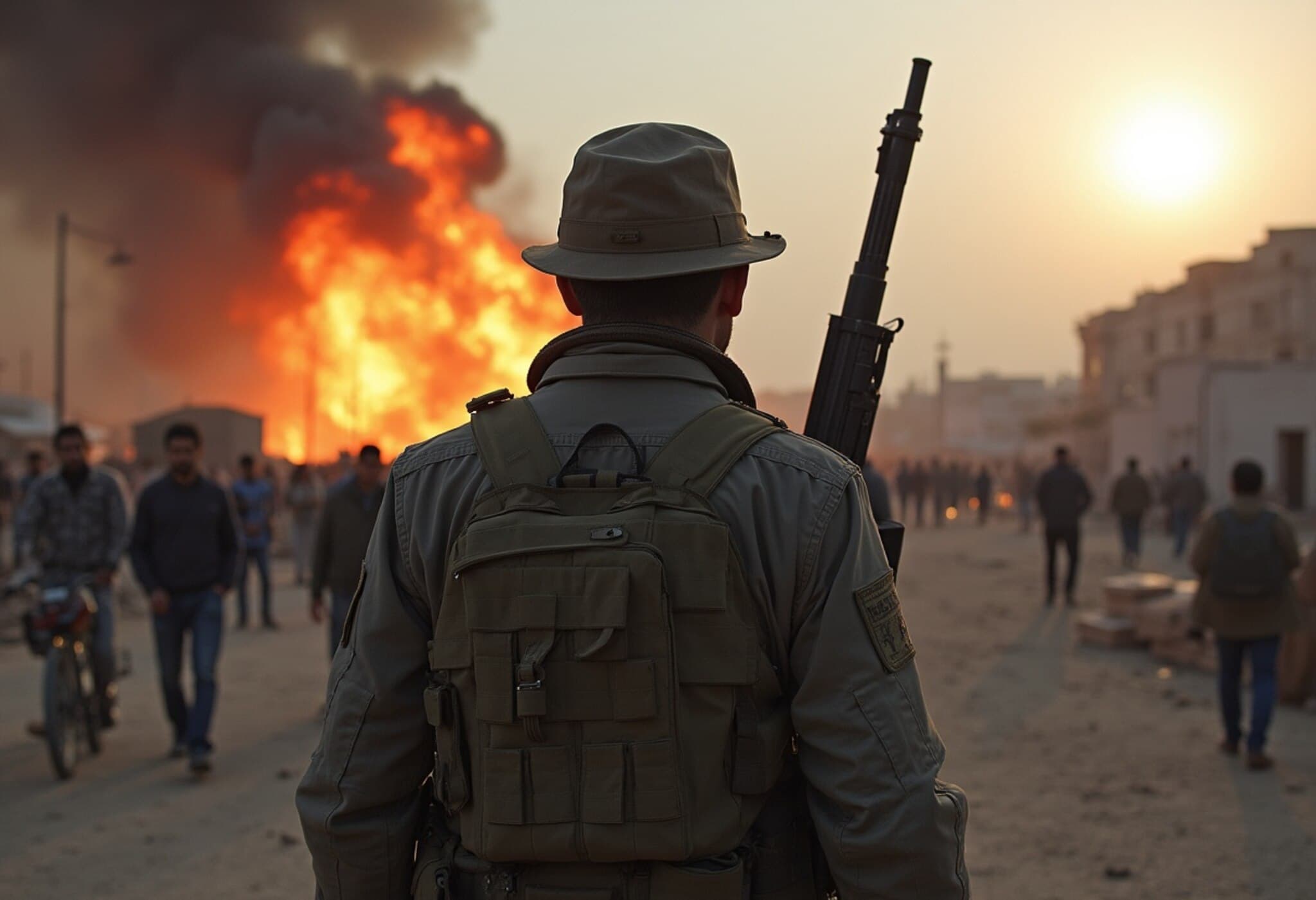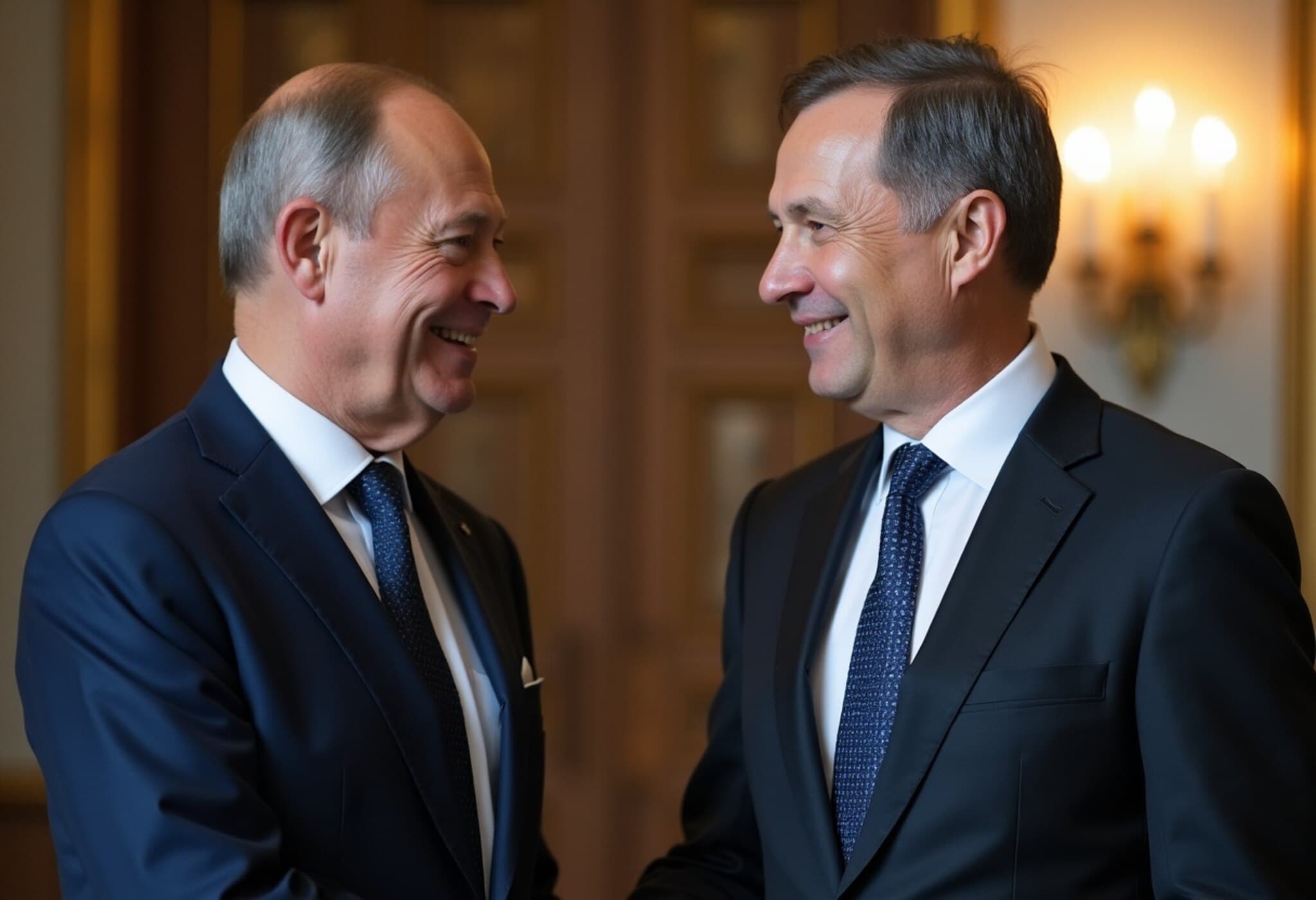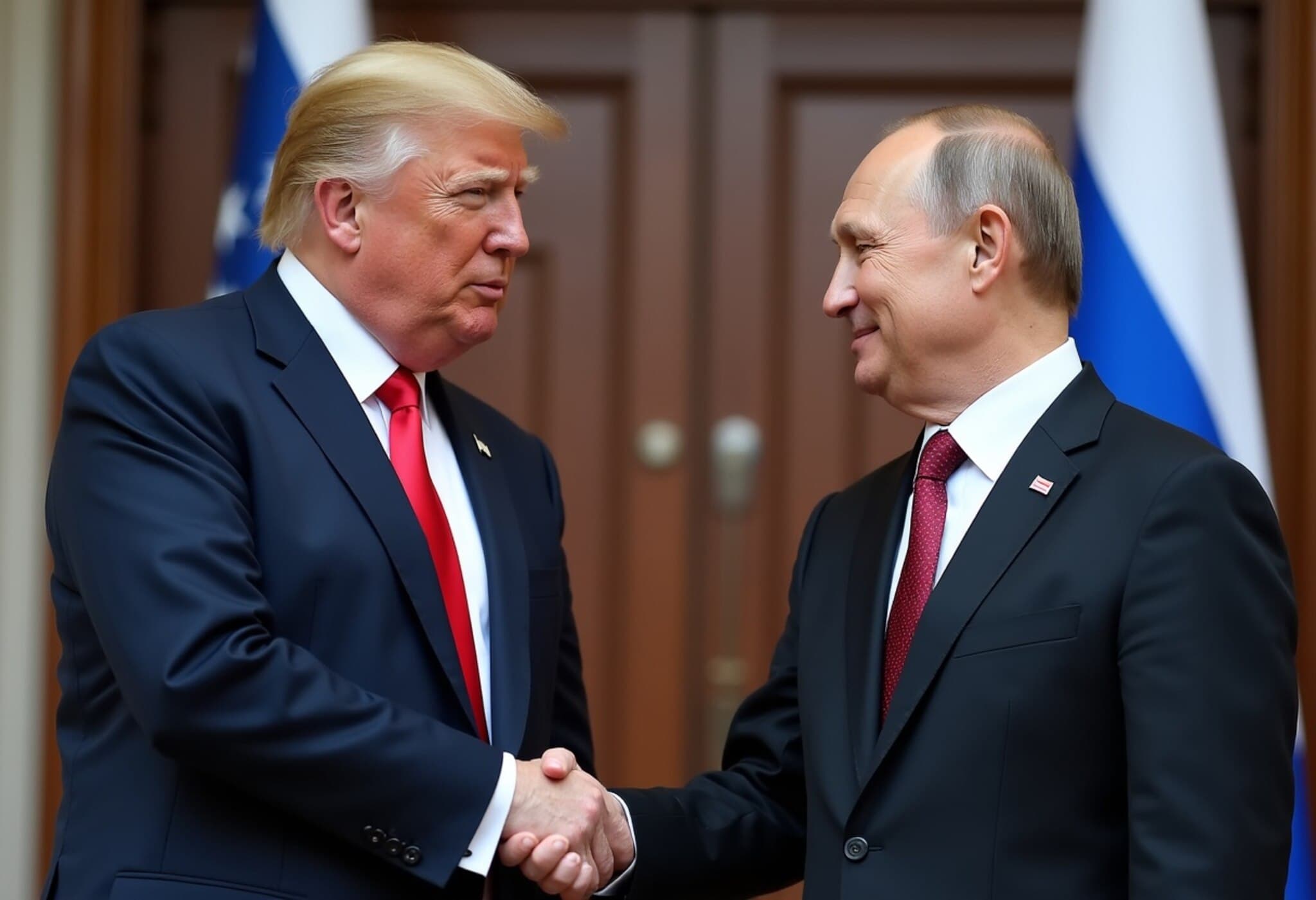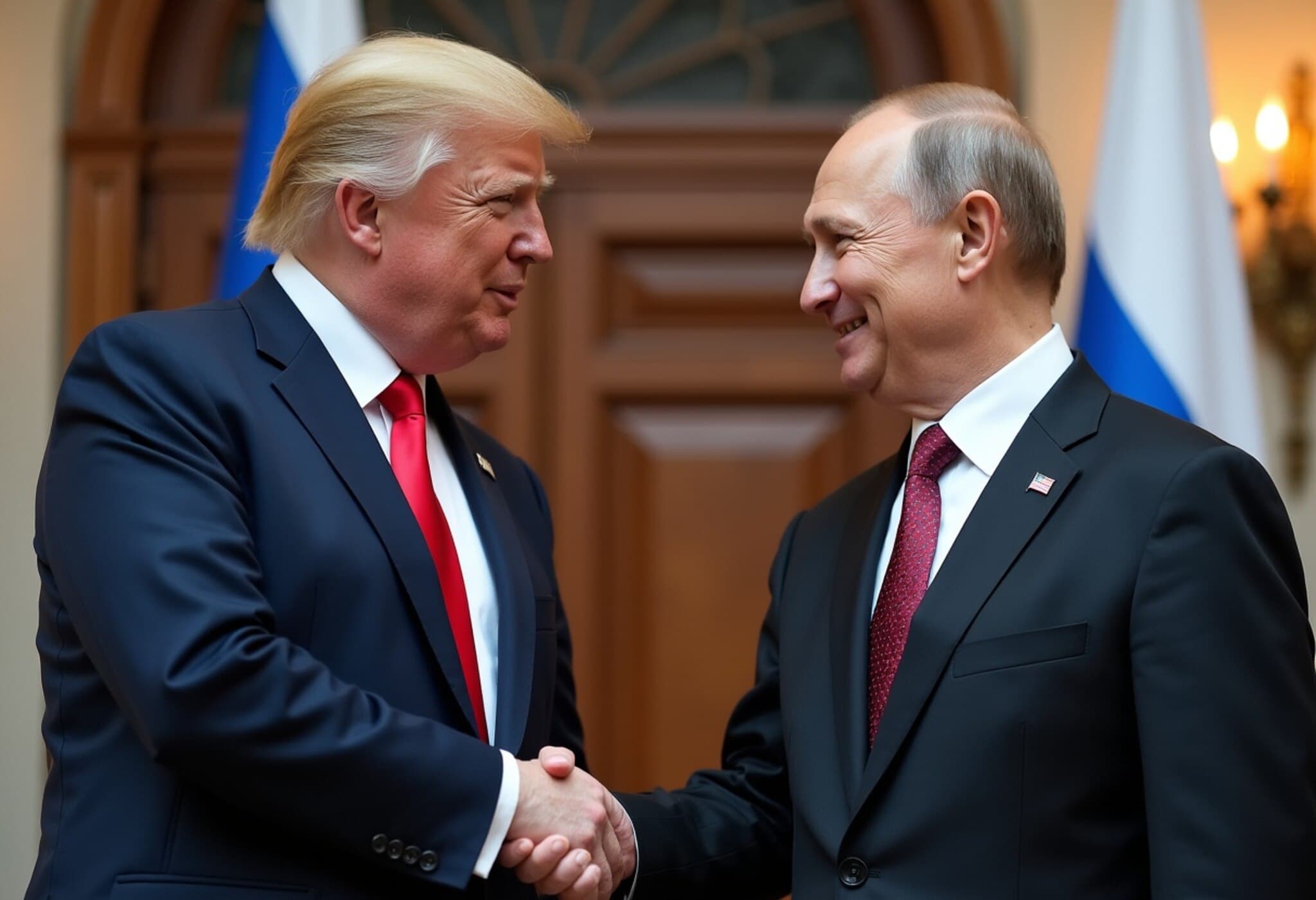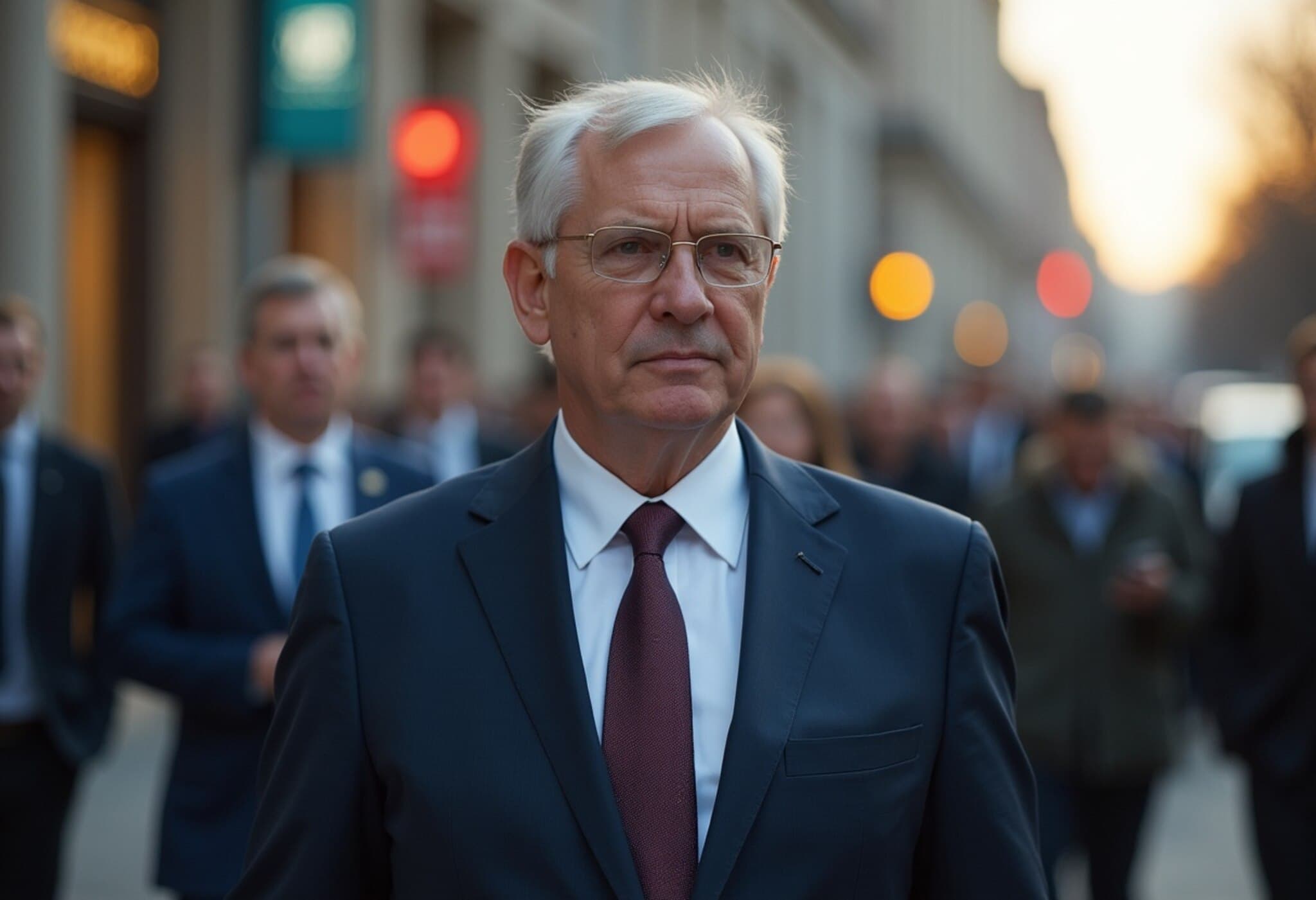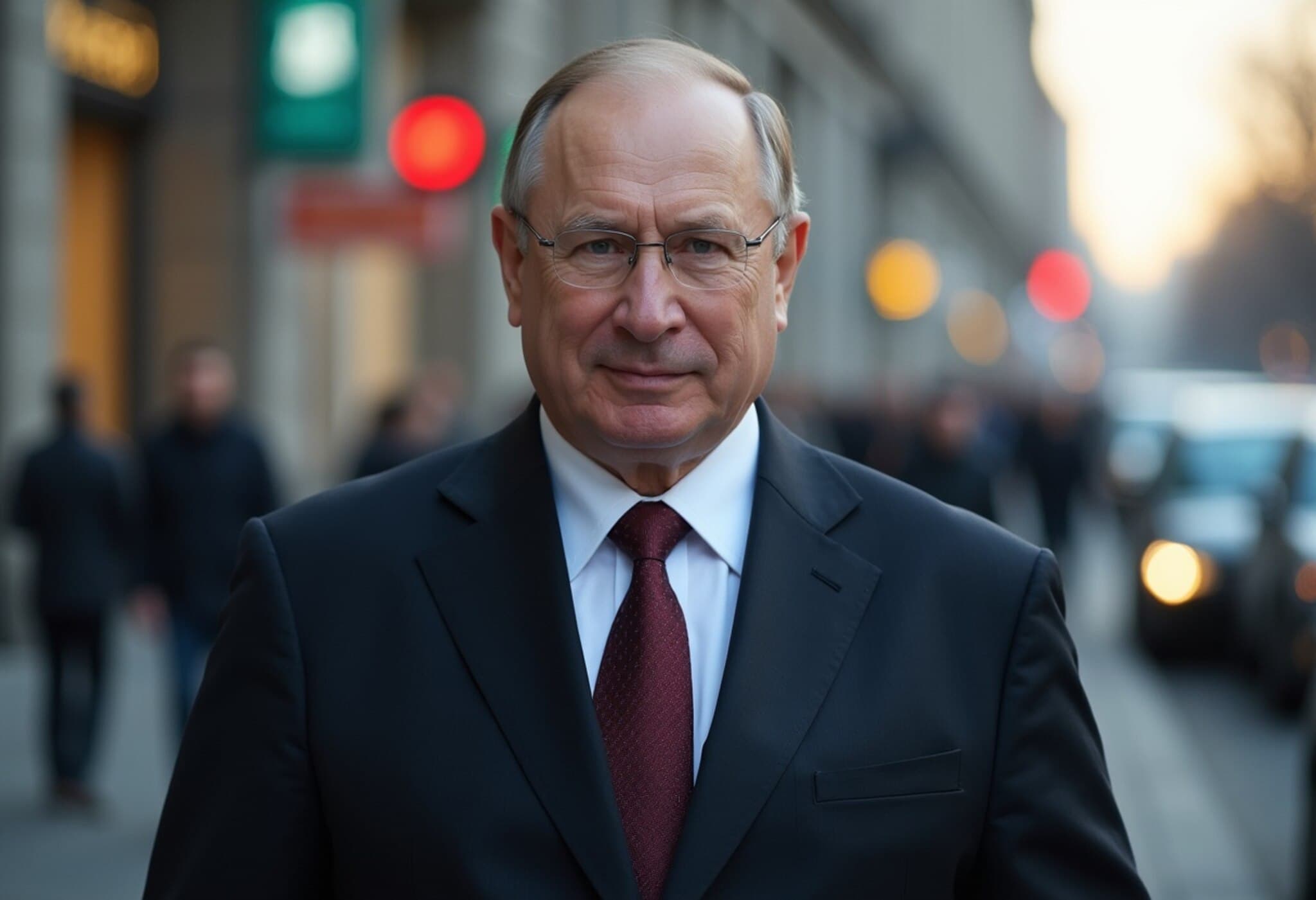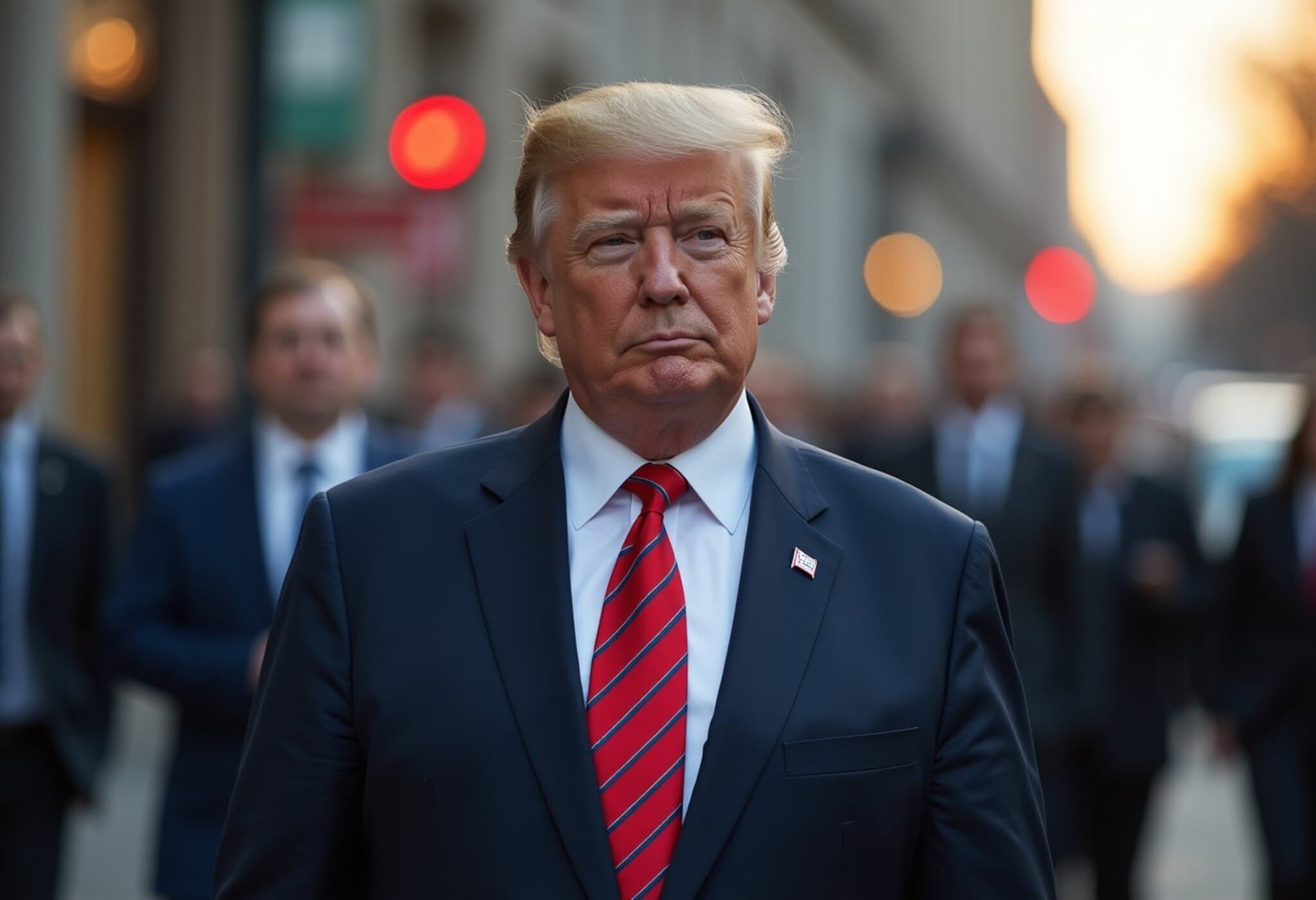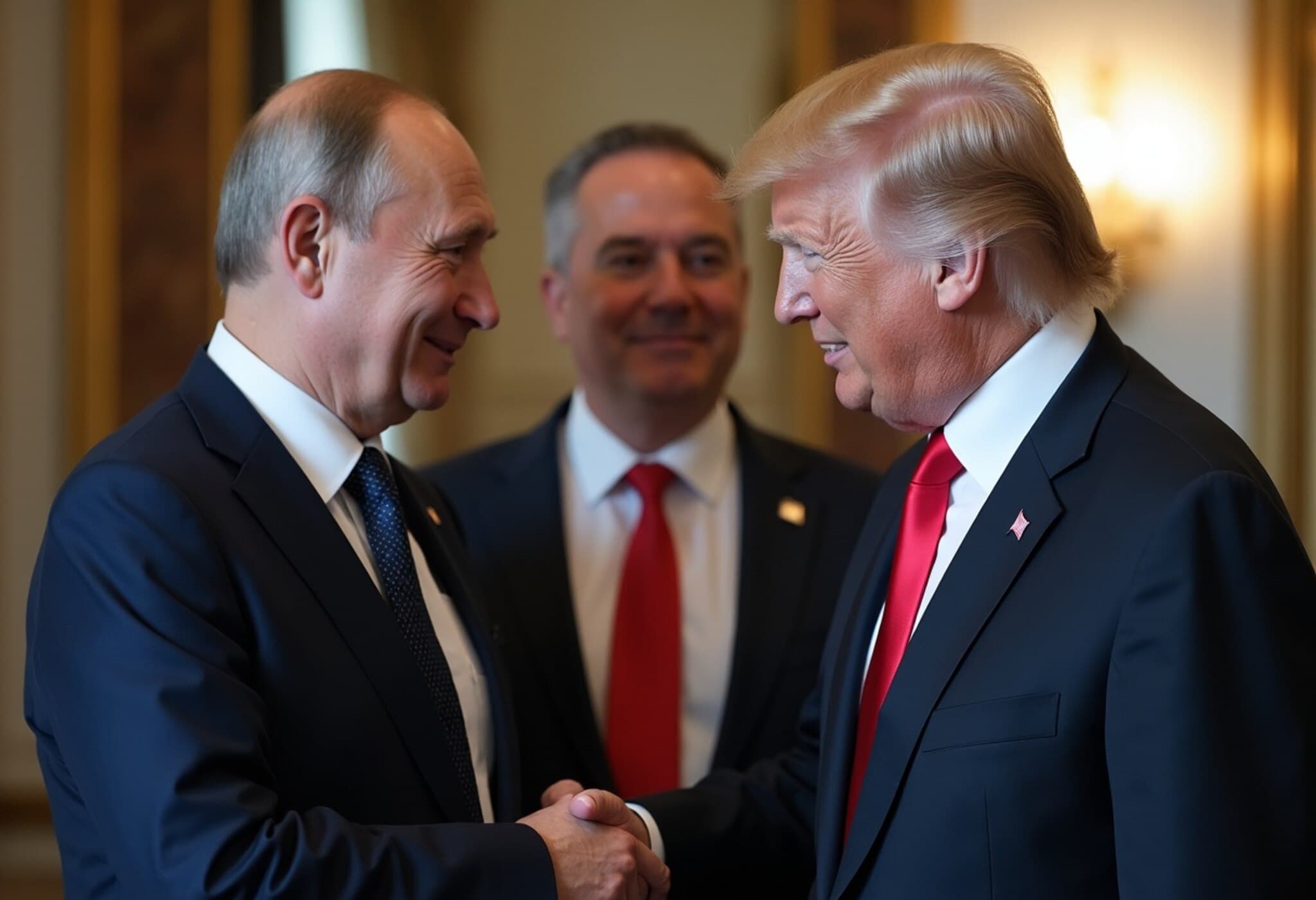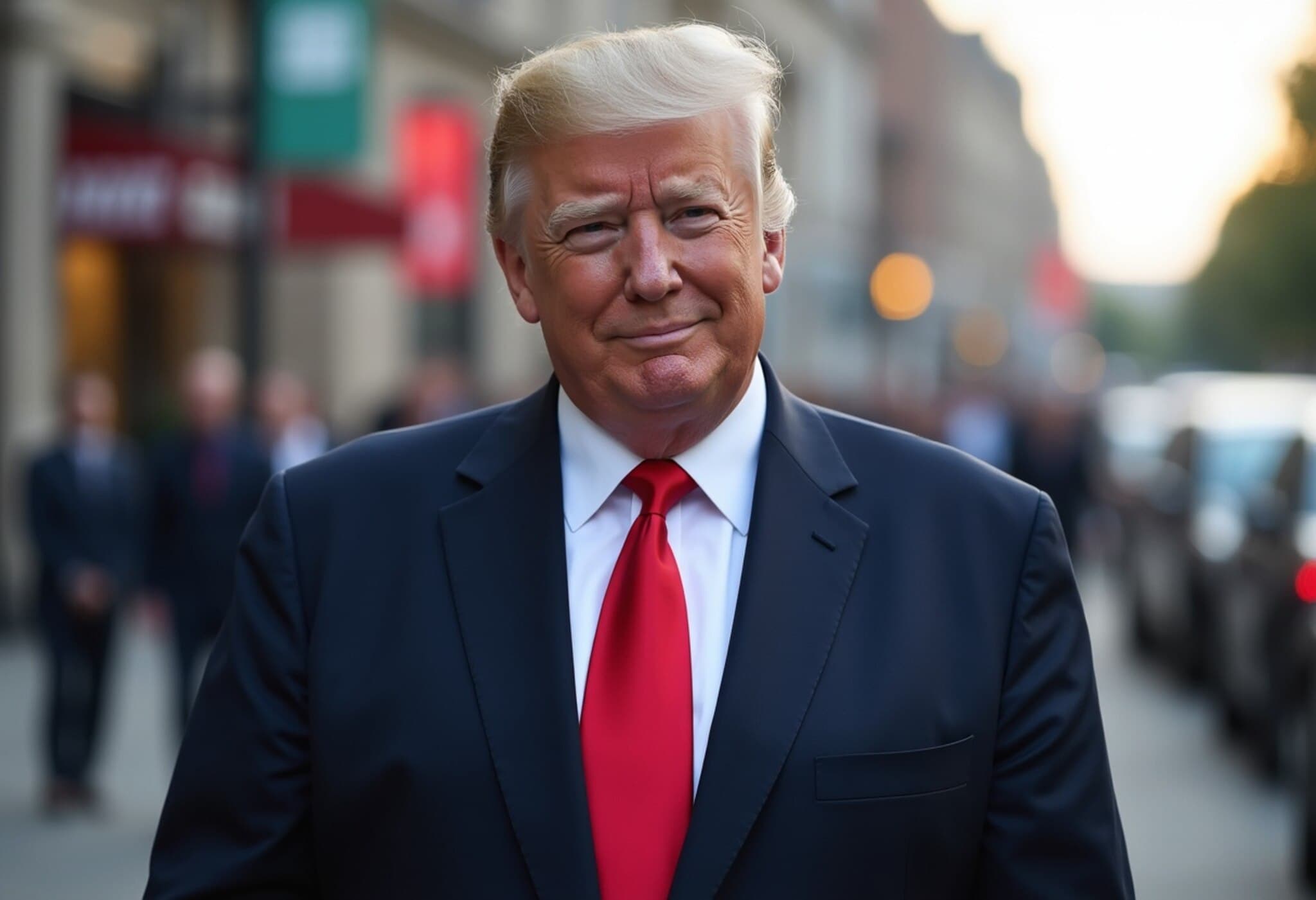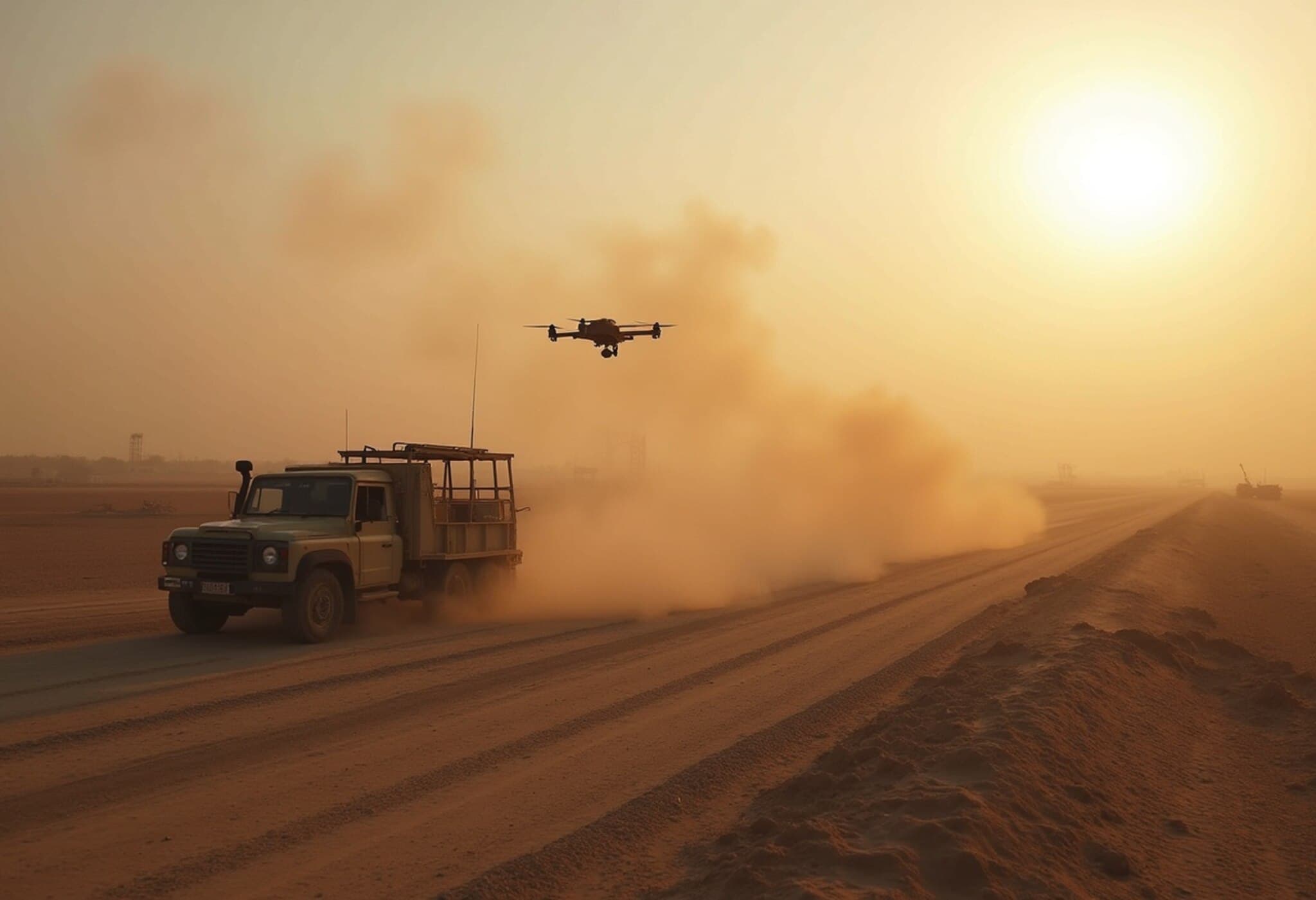Slovakia Stalls EU’s New Sanctions Against Russia Amid Rising Tensions
In a move that has sent ripples through Brussels, Slovakia has blocked the European Union’s 18th sanctions package targeting Russia, marking a significant setback for the EU’s strategy to intensify pressure on Moscow over its ongoing war in Ukraine. The decision, coming after protracted negotiations, underscores the complex dynamics within the EU as member states weigh economic interests against collective security goals.
EU Frustration Grows Over Delay in Sanctions Approval
EU Foreign Affairs Chief Kaja Kallas voiced deep disappointment following the Foreign Affairs Council meeting in Brussels. She emphasized that the European Commission had met Slovakia’s conditions, yet the country continues to withhold its support, prolonging negotiations for over two months.
“I’m really sad that we didn’t reach this agreement today,” Kallas told The Guardian. “We were very close to reassuring Slovakia. The commission has delivered on what they asked for. Now, the ball is in Slovakia’s court, and we must get this deal done.”
The delay comes as tensions escalate on the ground in Ukraine, where Russia has intensified bombing campaigns and reportedly increased the use of chemical weapons—actions Kallas described as clear evidence that “Russia does not want peace.”
Why Slovakia Is Hesitant: Energy Dependency and Political Resistance
At the heart of Slovakia’s resistance lies its heavy reliance on Russian energy supplies, particularly natural gas. Slovak Prime Minister Robert Fico has been vocal about his opposition to the sanctions, which include a proposed phaseout of Russian gas imports by 2028. Posting the European Commission’s latest assurances on Facebook, Fico revealed that political leaders within Slovakia had found the EU’s proposal insufficient and continued to reject it.
The letter from European Commission President Ursula von der Leyen pledged tailored support for Slovakia, recognizing its unique economic and energy challenges and promising an “ambitious and comprehensive work plan” to address these concerns. Still, Fico dismissed the proposals as inadequate and labelled the gas import phaseout timeline “imbecile.”
However, Fico did signal a willingness to negotiate further, suggesting the best solution would be to maintain Russian gas deliveries under current contracts until 2034, underscoring the country’s strategic energy vulnerabilities.
Broader Implications for EU Unity and Geopolitics
This deadlock reveals fault lines within the EU over how to address Russia. Some member states, particularly those less dependent on Russian energy, push for stricter sanctions, whereas countries like Slovakia and Hungary urge caution, prioritizing economic stability and energy security.
Kallas urged enhanced transatlantic cooperation, citing recent statements by former US President Donald Trump but calling for greater US commitment to share the burden of pressuring Moscow.
“If America and Europe work together, we can pressure Putin to negotiate seriously. The only way to end this war is to force his hand,” Kallas stressed.
Expert Insight: Balancing Sanctions and Energy Security
Experts warn this saga highlights the EU’s complex balancing act: imposing effective sanctions without destabilizing member states’ economies or energy supplies. Dr. Elena Markova, a geopolitical analyst specializing in Eastern Europe, comments, “Slovakia’s position is understandable given its energy dependencies, but the delay risks undermining EU solidarity at a critical moment. It forces Brussels to consider more nuanced, flexible approaches that combine pressure with pragmatic energy solutions.”
What’s Next?
- Continued negotiations between Slovakia, the European Commission, and other member states aiming to resolve the deadlock.
- Potential increased diplomatic pressure from Brussels and Washington to encourage swift adoption of sanctions.
- Monitoring of Russian military activities and chemical weapon usage to assess urgency for further EU measures.
Editor’s Note
The stalemate over the EU’s 18th sanctions package reveals how national interests can complicate collective action against aggression. Slovakia’s postponement opens vital questions: How can the EU reconcile energy security with robust foreign policy? Will this delay embolden Russia or push the EU to innovate more resilient strategies? As the war in Ukraine intensifies, the pressure mounts for Europe and its allies to find common ground swiftly—because time, and unity, are of the essence.


